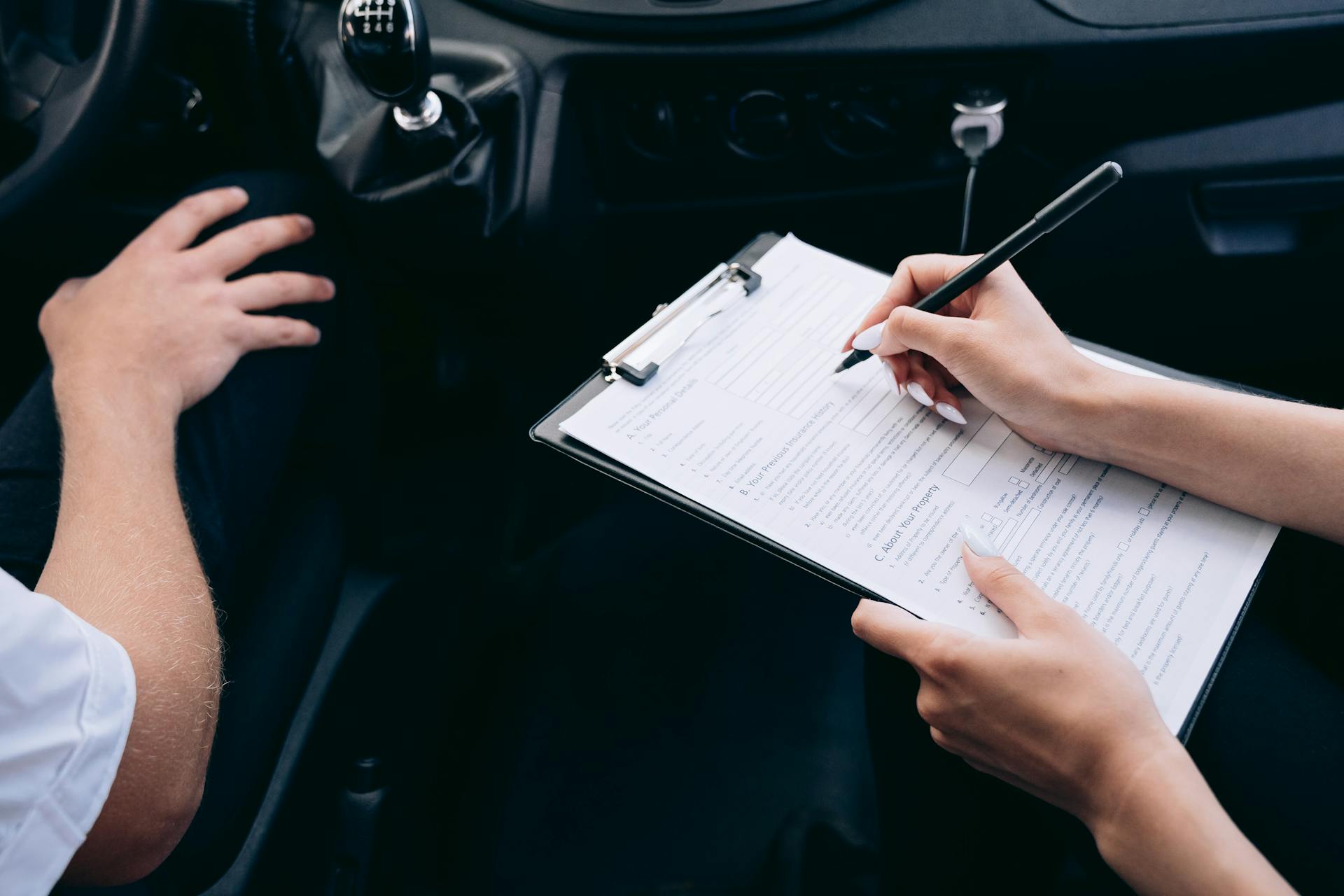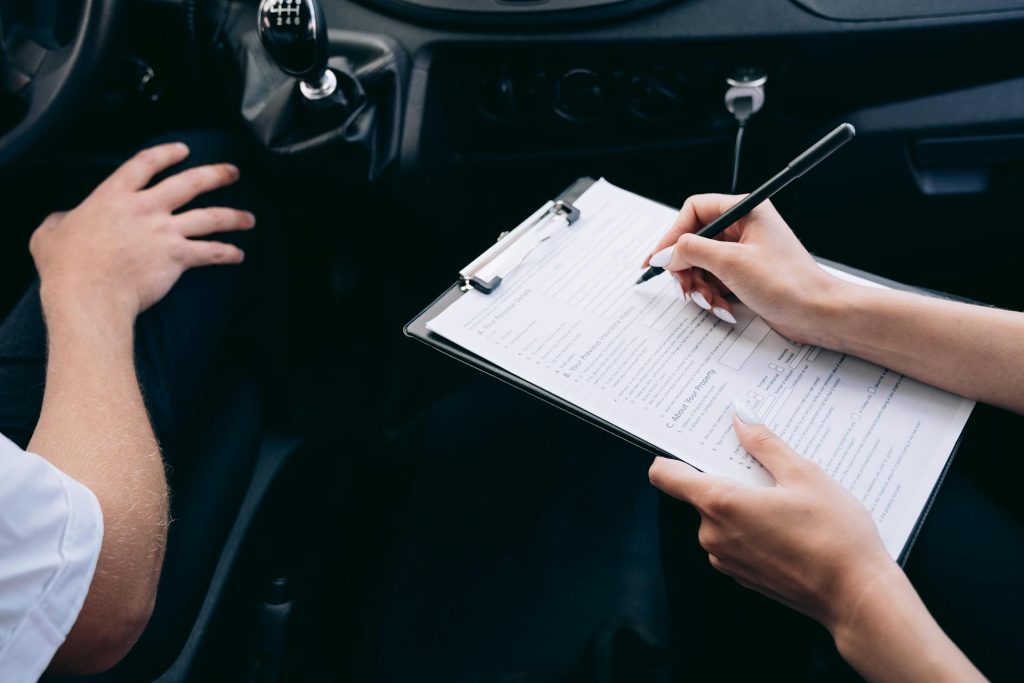Being involved in a car accident is stressful enough without the added frustration of an insurance company refusing to accept liability. When this happens, it can feel like the odds are stacked against you, especially if you are facing medical bills, lost wages, and repair costs. Understanding why insurers deny claims—and what steps you can take to challenge that decision—can make a significant difference in protecting your rights and recovering fair compensation.

Why Insurance Companies Deny Liability
Insurance companies are profit-driven businesses. Their goal is to minimize payouts whenever possible. Denial of liability may occur for several reasons, including:
- Disputes over fault or negligence
- Allegations of insufficient evidence
- Claims that injuries were pre-existing or unrelated
- Missed deadlines in reporting the accident or filing a claim
In many cases, the denial is not the end of the road but rather the beginning of a more formal dispute process.
Review the Denial Letter Carefully
When an insurance company denies your claim, they are required to explain why. The denial letter will typically cite policy provisions, factual disputes, or procedural issues. Review this letter in detail and compare it with your policy language to identify whether the stated reason for denial is valid or open to challenge.
If the denial seems based on inaccurate or incomplete information, you may have grounds to appeal. This is where gathering strong evidence and understanding your legal rights becomes essential.
Gather and Preserve All Evidence
Evidence is often the deciding factor in reversing a denial. You should collect and organize every document and piece of information related to the accident, including:
- The police accident report
- Medical records and bills
- Photographs or videos of the scene and vehicle damage
- Witness statements
- Repair estimates
Even if you think the insurance company already has some of this information, submitting your own organized file ensures nothing is overlooked or misrepresented.
Consider Professional Legal Help
If you are facing a denial, consulting an attorney experienced in handling disputed liability cases can be critical. A Bloomington Car Accident Attorney can review your claim, identify weaknesses in the insurer’s position, and negotiate on your behalf. They can also represent you if the dispute escalates to litigation, where rules of evidence and legal arguments become central to the outcome.
Request a Formal Appeal
Most insurance companies have an internal appeal process. This involves submitting a written request for reconsideration, along with supporting evidence and arguments. The appeal should directly address the reasons stated in the denial letter, providing clear counterpoints and proof.
Keep communication professional, factual, and well-documented. Written correspondence creates a record that can be valuable if your case moves to arbitration or court.
Explore Third-Party Review Options
If the insurance company remains unwilling to accept liability after your appeal, you may be able to pursue external review options. Depending on your jurisdiction, this could include:
- Filing a complaint with your state’s department of insurance
- Seeking mediation or arbitration
- Filing a lawsuit for damages
While these processes can be time-consuming, they often compel insurers to take a fresh look at your claim, especially if they are concerned about potential legal costs or regulatory scrutiny.
Avoid Common Mistakes That Can Hurt Your Case
When disputing a denial, certain missteps can weaken your position. These include providing inconsistent statements, missing appeal deadlines, or engaging in heated exchanges with insurance representatives. Always approach the process with careful planning and, if possible, legal guidance from a car accident law firm that understands how insurers operate.
The Role of Independent Experts
In some cases, bringing in independent experts can strengthen your claim. Accident reconstruction specialists, medical professionals, and forensic investigators can provide reports that directly counter the insurance company’s reasoning. Expert opinions carry significant weight, especially when liability hinges on technical or scientific details.
Understanding Comparative Fault
Many states follow comparative fault rules, meaning liability can be shared between parties. If the insurer claims you were partially at fault, your compensation could be reduced—but that does not mean you should accept full or majority responsibility without challenge. Reviewing the accident’s details with an attorney can help clarify whether the insurer’s fault assessment is accurate or inflated.
Negotiating in a Comparative Fault Situation
When comparative fault applies, your goal is to minimize your assigned percentage of responsibility. This often involves presenting evidence that the other driver violated traffic laws, acted recklessly, or failed to take reasonable steps to avoid the collision.
Building a Strong Case for Court
If all other efforts fail, litigation may be necessary. Preparing for court means going beyond simply proving your version of events—it involves presenting a cohesive, evidence-backed narrative that convinces a judge or jury.
This process typically includes:
- Filing the appropriate legal documents within statutory deadlines
- Engaging in discovery to obtain additional evidence from the other party
- Preparing witnesses and expert testimony
- Presenting exhibits, photographs, and accident reconstructions in court
While many cases settle before trial, showing that you are ready and willing to go to court can often push insurers toward more reasonable settlement offers.
The Importance of Acting Quickly
Time is a critical factor when disputing a denial of liability. Insurance policies and state laws often impose strict deadlines for appeals, lawsuits, and evidence submission. Waiting too long can forfeit your right to challenge the decision, no matter how strong your case might be.
How Persistence Pays Off
Challenging an insurance company’s denial is rarely quick or easy, but persistence can make a difference. By staying organized, gathering strong evidence, and working with experienced legal professionals, you can significantly improve your chances of overturning a denial and securing the compensation you deserve.

Founder Dinis Guarda
IntelligentHQ Your New Business Network.
IntelligentHQ is a Business network and an expert source for finance, capital markets and intelligence for thousands of global business professionals, startups, and companies.
We exist at the point of intersection between technology, social media, finance and innovation.
IntelligentHQ leverages innovation and scale of social digital technology, analytics, news, and distribution to create an unparalleled, full digital medium and social business networks spectrum.
IntelligentHQ is working hard, to become a trusted, and indispensable source of business news and analytics, within financial services and its associated supply chains and ecosystems











